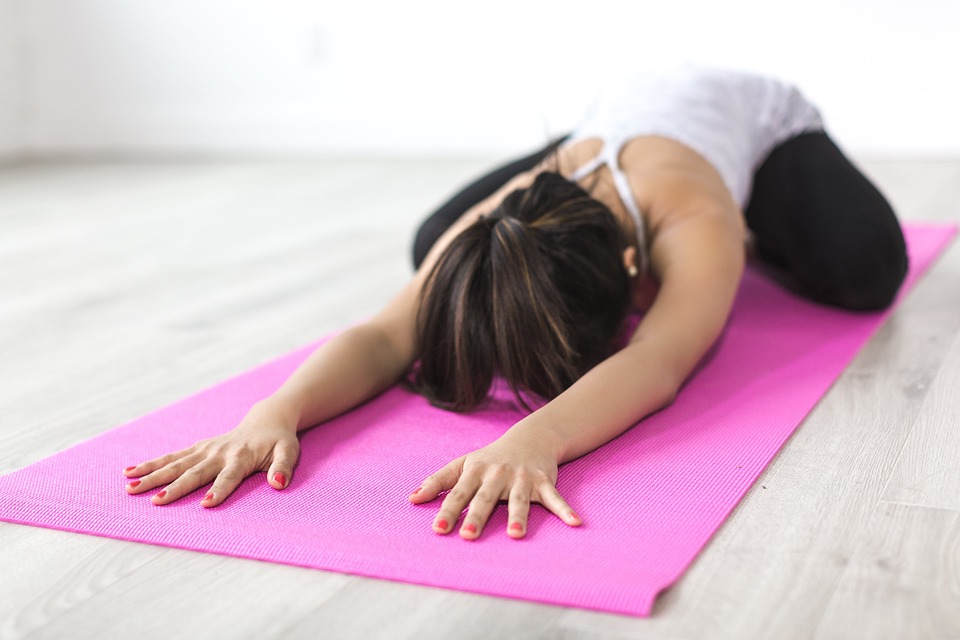Why Exercise Matters
Regular exercise plays a crucial role in maintaining personal health and well-being. It affects every aspect of our physical, mental, and emotional health, positively contributing to overall quality of life.
Physical Health Benefits
Exercise brings numerous physical health benefits. First and foremost, it helps manage weight by burning calories. Consistent exercise can aid in weight loss, weight maintenance, and reduce the risk of obesity-related conditions like heart disease and diabetes.
Regular exercise also promotes cardiovascular health, strengthening the heart muscles and reducing the risk of heart-related diseases. It improves blood circulation, lowers blood pressure, and increases the levels of good cholesterol (HDL) while decreasing bad cholesterol (LDL).
Additioally, engaging in physical activity helps increase bone density, improving bone strength and reducing the risk of osteoporosis. It also enhances muscle strength, flexibility, and endurance, which are vital for optimal physical functioning.
Mental and Emotional Health Benefits
Moving our bodies has a profound impact on mental and emotional health. Exercise triggers the release of endorphins, often called “feel-good” hormones, which helps alleviate symptoms of stress, anxiety, and depression.
Regular physical activity also enhances cognitive function, boosting memory, concentration, and overall brain health. It stimulates the growth of new brain cells and improves the connections between them, which can slow down cognitive decline.
Furthermore, exercise promotes better sleep patterns, allowing individuals to enjoy more restful and rejuvenating sleep. It can help regulate sleep cycles, reduce insomnia, and improve overall sleep quality.
Reducing Disease Risk
Incorporating regular exercise into your lifestyle can significantly reduce the risk of various chronic diseases. Physical activity has been shown to decrease the likelihood of developing conditions such as cardiovascular diseases, diabetes, certain cancers, and even Alzheimer’s disease.
Exercise boosts the efficiency of the immune system, reducing the risk of infections and improving overall resilience. It also helps maintain healthy blood sugar levels, reducing the risk of developing type 2 diabetes.
Moreover, regular exercise supports the overall functioning of the respiratory system, enhances lung capacity, and improves oxygen delivery throughout the body, reducing the risk of respiratory illnesses and diseases.
Longevity and Quality of Life
Engaging in regular physical activity increases life expectancy and enhances overall quality of life. Research shows that individuals who exercise regularly tend to live longer, healthier lives compared to those who are sedentary.
Regular exercise improves overall mobility and functional independence, reducing the risk of falls and injuries. It promotes healthy aging by maintaining muscle mass, bone strength, and reducing the risk of age-related conditions such as osteoporosis and arthritis.
Furthermore, exercise provides opportunities for social interaction, motivation, and a sense of accomplishment. Joining group activities, sports, or fitness classes can build connections and foster a sense of community.
Getting Started with Regular Exercise
If you are new to exercise, it’s important to start slowly and gradually increase intensity and duration. Consult with a healthcare professional before beginning any exercise program, especially if you have underlying health conditions.
Find activities that you enjoy and that suit your lifestyle. Whether it’s walking, jogging, swimming, cycling, or dancing, any form of physical activity is beneficial. Aim for at least 150 minutes of moderate-intensity exercise per week or 75 minutes of vigorous exercise.
Remember to incorporate strength training exercises at least twice a week to enhance muscle strength and flexibility. These can include weightlifting, resistance band workouts, or bodyweight exercises.
Make physical activity a part of your daily routine by scheduling it into your calendar or setting specific goals. Consider finding a workout buddy or joining a fitness class to stay motivated and make exercise more enjoyable.
Conclusion
Regular exercise is not just about getting in shape or improving physical appearance; it is vital for personal health and overall well-being. The benefits, ranging from physical to mental and emotional, are numerous. By incorporating regular exercise into our lifestyles, we can reduce the risk of various diseases, enhance longevity, and improve the overall quality of life.




